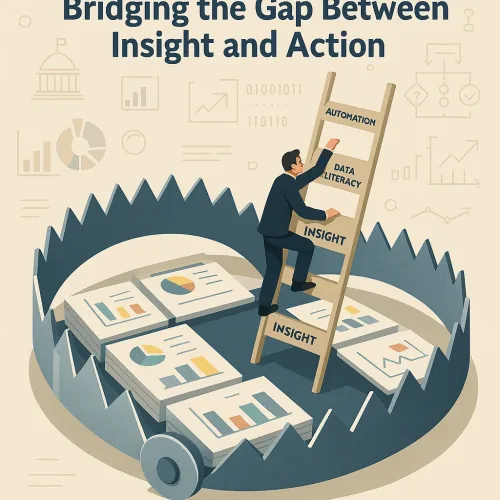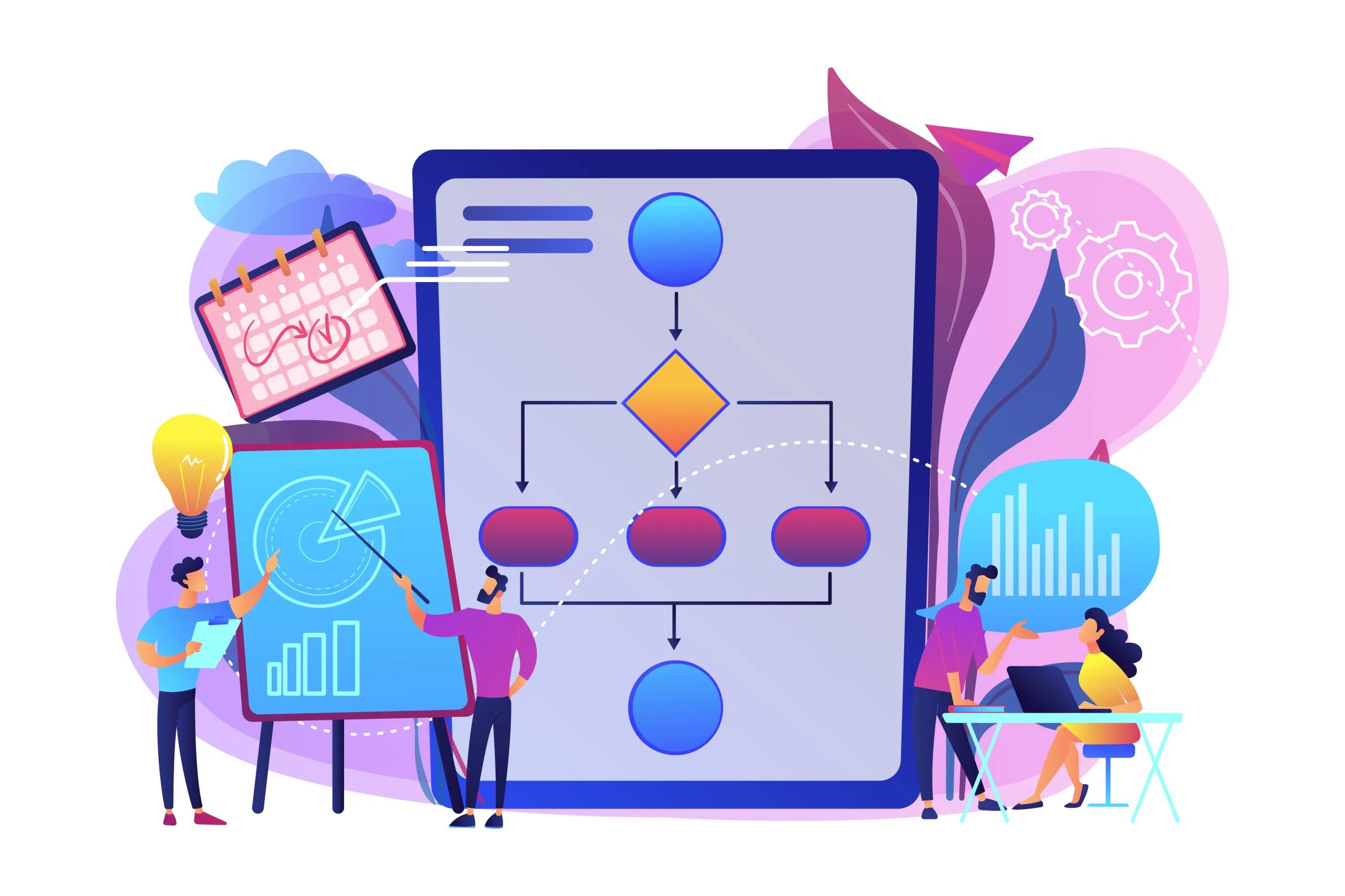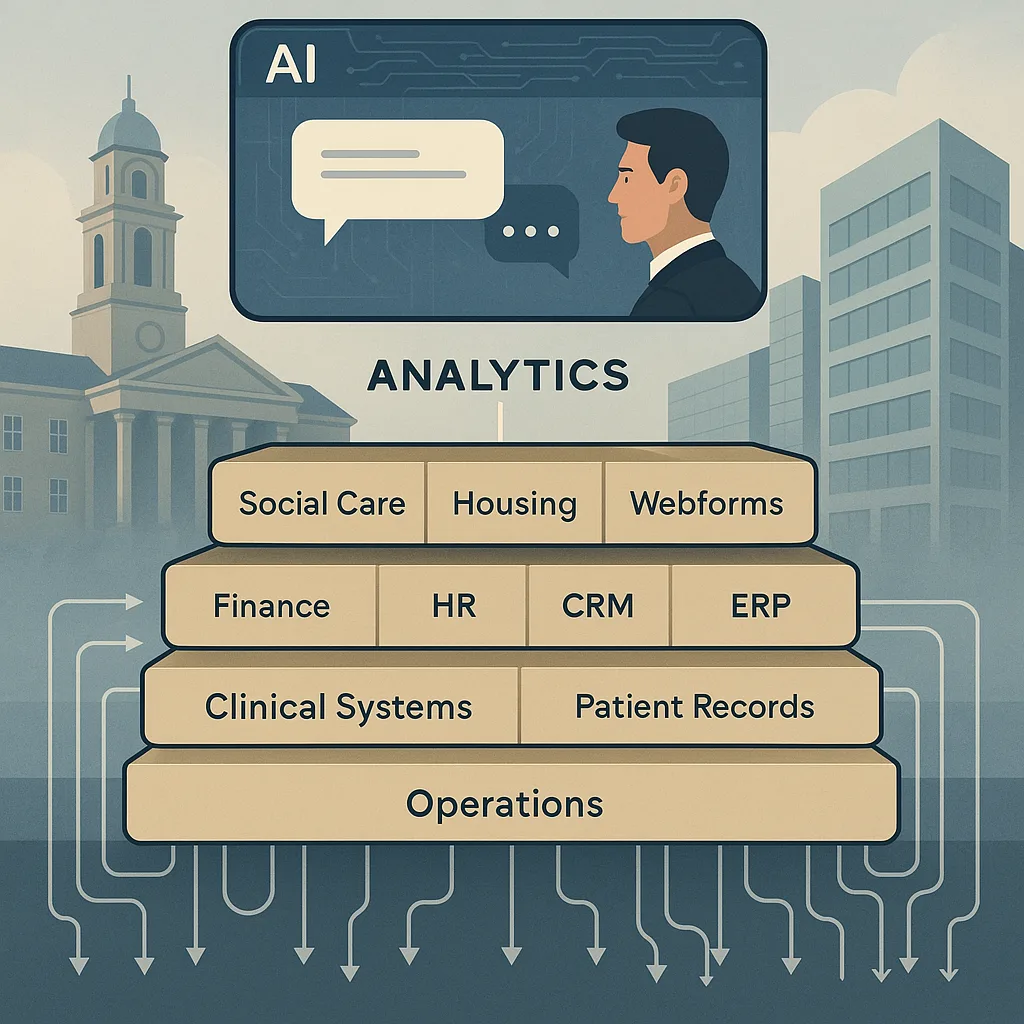
The Reporting Trap: Bridging the Gap Between Insight & Action
Organisations are generating more reports than ever before. Tools like Power BI have made it easier than ever for anyone in an organisation to build dashboards and share data visually. While this democratisation of reporting is a positive step, it also comes with risks.
Just because a dashboard looks polished doesn’t mean it’s helping people make better decisions. Without a solid understanding of data modelling or analytics best practices, users can unintentionally create reports that are misleading, incomplete, or overly complex. This can lead to confusion, misinterpretation, and ultimately, poor decision-making – despite the best of intentions.
The Reporting Trap
For all the dashboards and reports being generated, a critical question remains: are these insights actually being used to drive better decisions and outcomes?
Many organisations are stuck in what might be called the “reporting trap.” Evidence from itelligent-i’s Data, Analytics & AI Reviews – conducted across more than 30 public sector organisations – indicate that significant resources are being spent on producing reports, involving numerous individuals and incurring resource costs amounting to millions of pounds each year. Yet much of this effort is focused on manually assembling numbers rather than interpreting them.
The result? Reports that summarise activity but rarely support strategic decision-making or service transformation.
Why dashboards alone aren’t enough
Service managers are often operating at the “information layer,” manually extracting and manipulating data just to keep up with day-to-day demands. Instead of using analytics to understand what’s happening and why, they’re bogged down in inefficient processes that leave little room for reflection or action.
Additionally, many managers and decision-makers lack the data literacy skills needed to interpret the reports they receive.
From reporting to understanding: a shift in mindset
The real value of analytics lies not in the volume of reports produced, but in how well people understand what the data is telling them, and what to do about it. The shift from reporting to understanding is essential. Organisations need to move beyond simply generating outputs and start enabling people at all levels to interpret, question, and act on the insights they’re given.
As Gareth Herschel, Research VP at Gartner, puts it:
“Organisations must recognise that when so many things are changing so rapidly, they need to invest in people and systems that will help make sense of that change and respond to it. Organisations need data and analytics.”
This reinforces the idea that data alone isn’t enough; it’s the ability to make sense of it and act on it that drives real value. Organisations that want to be truly data-driven must stop measuring success by the number of reports produced and start asking whether those reports are helping people make better decisions.
What needs to change?
- Automate the basics: Free up analysts from manual data extraction, repetitive data transformation processes and routine reporting, so they can focus on generating real insight.
- Invest in data literacy: Equip leaders and frontline staff with the skills to interpret and challenge data.
- Embed analytics into decision-making: Make data part of the conversation, not an afterthought. Foster an environment where questioning data and seeking deeper insights is valued and rewarded.
Becoming a truly data-driven organisation
Data is only powerful when it’s insightful and understood. Organisations that want to be truly data-driven must stop measuring success by the number of reports produced and start asking whether those reports are helping people make better decisions. By addressing these areas, organisations can transform their approach to data and analytics, turning raw numbers into powerful narratives that drive meaningful change.
This evolution will not only enhance decision-making but also lead to more innovative and effective service delivery, ensuring that public sector bodies are better equipped to meet the needs of their communities.
How itelligent-i can help
Recognising the complexity and cost of building and maintaining modern analytics platforms, itelligent-i offers a subscription-based model for delivering analytics across all departments. This model provides ongoing professional support for automated data and analytics, allowing your organisation to focus on using insights – not building infrastructure.
By partnering with itelligent-i, organisations can access the expertise and infrastructure needed to build and sustain a modern data platform, without the traditional overhead.
The result? A smarter, more scalable path to data maturity.



